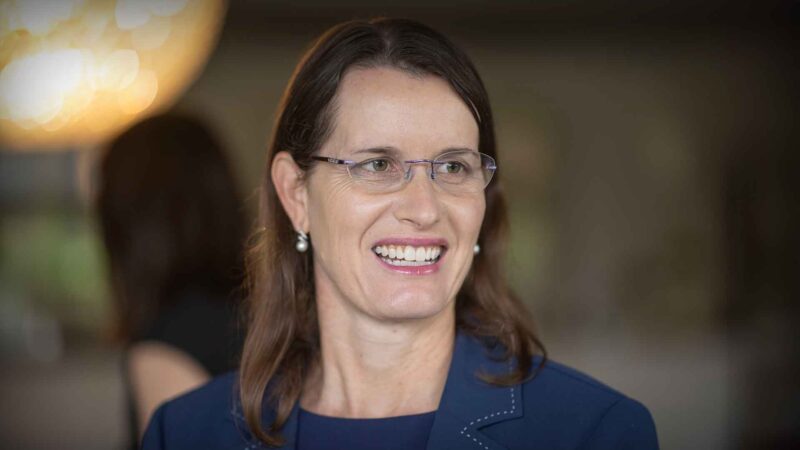Social isolation refers to limited social contact and interaction with others, resulting in feelings of loneliness and disconnection. It disproportionately affects the elderly due to factors like loss of friends and family, retirement, reduced mobility, ageism, and limited access to technology. The elderly are at higher risk of social isolation as they may experience a shrinking social circle and face barriers to social participation. Social isolation has significant detrimental effects on their mental and physical well-being, leading to increased rates of depression, anxiety, cognitive decline, and reduced quality of life. Addressing social isolation among the elderly is crucial for promoting their overall health and happiness.
Social prescribing is a healthcare approach that recognises the importance of social factors in overall well-being. It involves connecting individuals with non-medical activities and community resources to improve their health and quality of life. Healthcare professionals, such as doctors or social workers, “prescribe” activities like art classes, gardening, exercise groups, or support groups, which can address underlying social determinants of health and promote holistic well-being. By addressing social isolation, mental health, and lifestyle factors, social prescribing aims to enhance individual health outcomes and reduce the burden on healthcare services.
Social prescribing provides support in various areas of people’s lives, leading to increased confidence, improved navigation of systems, and enhanced friendships and trust in healthcare, while communities should be designed in an age-friendly way to prevent isolation.
In Part 2 of the Models of Care on Social Prescribing, Australian Health Journal spoke to 4 people involved in the Connect Local program under the Connecting Communities to Care 4 year program. The free program for over 65’s promotes wellbeing through social connection and is underway in the Glen Eira community in Melbourne.
- Deidre McGill, Executive General Manager, At Home Support, Bolton Clarke
- Ann Van Leerdam, Connect Local Community Connector, Bolton Clarke
- Dr Rajna Ogrin, Senior Research Fellow, Bolton Clarke Research Institute, Bolton Clarke
- Dr Daniel Fineberg, Deputy Director General Medicine, Alfred Hospital, Victoria
Also to watch
In Part 1 of the Models of Care on Social Prescribing, Australian Health Journal spoke to 4 people advocating for social prescribing in Australia.
Produced with assistance from Australian Primary Health Care Nurses Association (APNA) and Bolton Clarke
You Might also like
-
Strategic research investments for health and prosperity
The CEO of Research Australia, Nadia Levin spoke with Australian Health Journal about the following:
– Current medical research and development landscape in Australia
– Investment required to support the Health and Medical Research and Innovation pipeline
– The National Medical Products Industry Plan and its impact on the Australian economy
– The Health and Medical Research WorkforceIn the lead up to the Australian Federal Budget in May 2023, Australian Health Journal reached out to peak health industry bodies to hear about their priorities, either noted in pre-budget submissions lodged with Federal Government in January 2023 or in recent forums such as the Strengthening Medicare Taskforce.
-
How I Became an Emergency Physician
Dr Kim Hansen was initially attracted to emergency medicine because of its dynamic and chaotic environment. She enjoyed organising the chaos of the emergency department and working with a variety of patients, from newborn babies to centenarians. Dr Hansen found it fulfilling to help people get better or provide them with assistance and guidance when they couldn’t be cured. The unpredictability of the work was also part of the appeal, and she dedicated herself to developing the skills required to be a good emergency doctor.
-
Specialist emergency care clinics in rollout
Unlike Emergency Departments that operate within public hospitals and some private hospitals, a Walk-in Specialist Emergency Clinic is located in the community and designed to provide comprehensive, coordinated acute care – from initial consultation and diagnostic services, to treatment and specialist referral if required – without the patient having to visit a hospital.
Australian Health Journal spoke to the visionary, founder and CEO behind this WiSE Specialist Emergency clinic, Dr Pankaj Arora.



